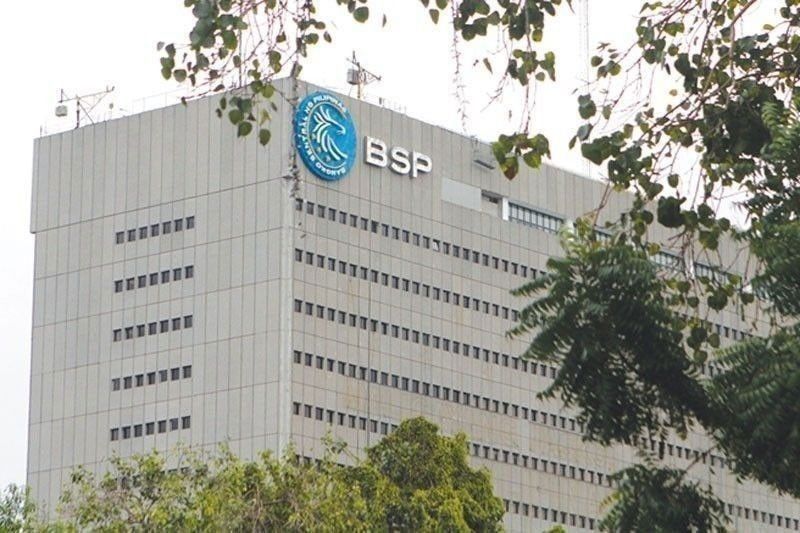BSP cautioned not to overdo rate hikes

MANILA, Philippines — The Bangko Sentral ng Pilipinas (BSP) has been cautioned not to overdo rate hikes, as Moody’s Analytics and Fitch Solutions Country Risk & Industry Research expect monetary authorities to further raise key interest rates until the end of the year.
Sonia Zhu, associate economist at Moody’s Analytics, said that hiking interest rates aggressively could be a double-edged sword.
“On one side, higher interest rates can take some steam off rebounding domestic demand and cool inflation. On the other side, higher rates risk a hard landing if policymakers overcompensate as households and businesses pull back on spending and investments,” Zhu said.
She said the BSP needs to strike a fine balance so as not to stifle post-pandemic growth while seeking to keep inflation under control.
“Our earlier analysis points to high inflation persistence in the Philippines, suggesting that it will take time for supply-side constraints to ease sufficiently to bring inflation within the BSP’s inflation target,” Zhu said.
During a surprise off-cycle rate-setting meeting, the BSP delivered a huge 75-basis-point rate hike, the biggest in 20 years, to help manage spillovers from other countries that could potentially dis-anchor inflation expectations.
Together with the back-to-back rate increases of 25 basis points on May 19, the first in more than three years or since November 2018, and on June 23, the overnight reverse repurchase rate now stands at 3.25 percent, from an all-time low of two percent.
“We expect at least another two rounds of rate hikes on schedule, taking the key policy rate to above four percent,” Zhu said.
Inflation averaged 4.4 percent in the first half, exceeding the BSP’s two to four percent target, after quickening to 6.1 percent in June from 5.4 percent in May.
The research arm of the Moody’s Group said imported inflation is also a factor to consider for the Philippines, as around a quarter of the total food supply was imported in 2021, including key staples rice, corn, pork, chicken, garlic and onions.
However, Moody’s said higher interest rates in the US meant that the peso plummeted to a 16-year low against the dollar. The weakness in the local currency grew particularly evident after the US Federal Reserve raised its policy rate by 75 basis points on June 15, widening the yield differential between US Treasuries and Philippine government bonds.
Moody’s Analytics sees the Philippines booking a stronger gross domestic product (GDP) growth of seven percent this year after emerging from the pandemic-induced recession with a 5.7-percent expansion last year.
Fitch Solutions raised its inflation forecast to 5.6 percent this year as it expects the BSP to further raise interest rates by another 100 basis points, bringing the benchmark rate to 4.25 percent by the end of 2022.
“Elevated inflation will likely pave the way for further rate hikes, and we now expect the BSP to hike by a further 100 basis points over the coming months, which will take the policy rate to 4.25 percent by end-2022,” Fitch Solutions said.
In a commentary, Fitch Solutions said that an aggressive tightening cycle in the US on top of inflationary pressures would further put pressure on the BSP to hike aggressively in order to preserve financial and currency stability.
Fitch Solutions is expecting the GDP to expand by 6.1 percent this year, lower than the revised 6.5 to 7.5 percent target set by the Cabinet-level Development Budget Coordination Committee.
- Latest
- Trending






























